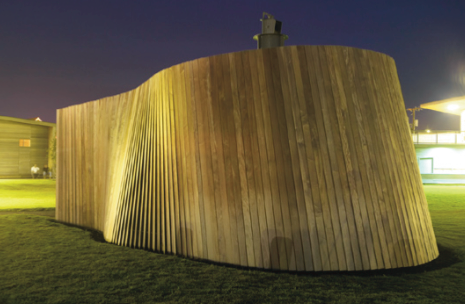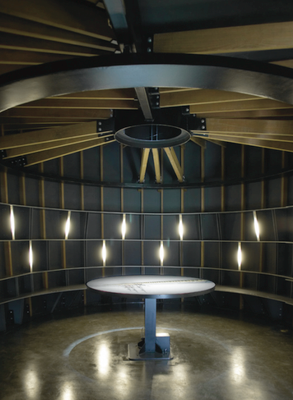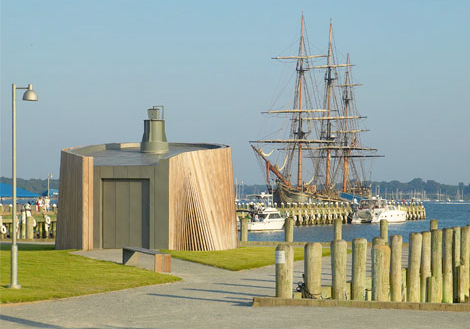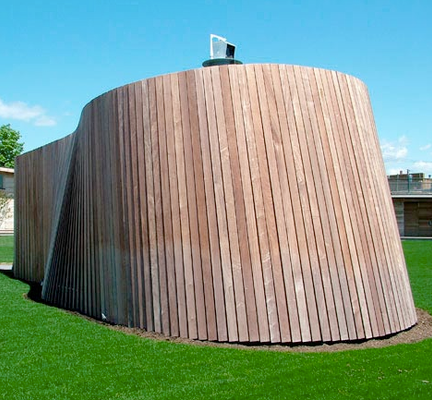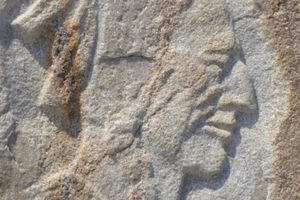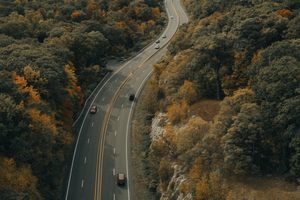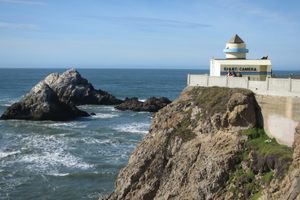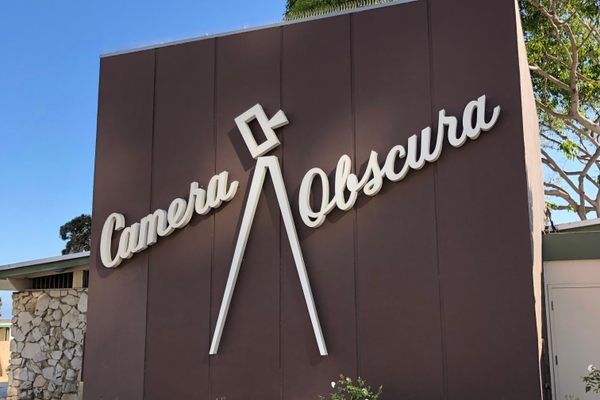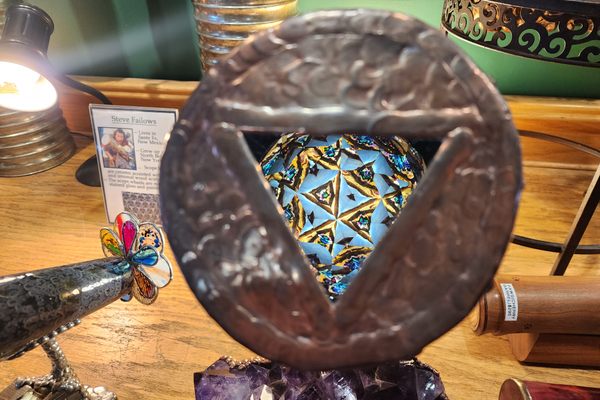About
Located on the waterfront on Long Island, Mitchell Park in Greenport, New York, brings together a curious synthesis of ancient and new technology in its camera obscura.
The awareness of the camera obscura (latin for "dark room,” and appropriately so as it is the precursor technology for the camera itself) effect is as old as the Romans who were at the very least aware of the phenomena. In effect, when light shines through a narrow hole into a darkened space it will project an upside-down image of the outside onto the back wall.
The first known camera obscura was built by the Islamic scientist Abu Ali Al-Hasan Ibn al-Haitham, and subsequently camera obscuras were built and used by Roger Bacon, Johannes Kepler, Sir Thomas Browne, and Leonardo Da Vinci.
Perhaps the most controversial possible users of camera obscuras were classical painters. The Hockney–Falco thesis is the idea that much of the painting done by the "Old Masters" was done with optical aids such as the camera obscura. Using such a device would have allowed for true-to-life tracings and painting by the artists, and may explain a sudden rise in Realism.
The Mitchell Park camera obscura has added a distinctly modern technological overlay to the optical device, having been built entirely out of digitally fabricated components. The camera was designed entirely as a 3D computer model, and the pieces were laser cut and assembled as a kit. In this sense the Mitchell Park camera obscura is both one of a kind and perfectly reproducible anywhere in the world.
Visitors can control the lens itself from inside the camera, via a box equipped with a joy stick. Viewing is best when daylight is strongest. Also of interest in the park is seasonal ice skating and a working antique carousel in a round glass building. The carousel was built by the Herschell-Spillman Company in 1920 and one of only a handful of carousels that still features a brass ring dispenser.
Related Tags
Published
June 25, 2009
